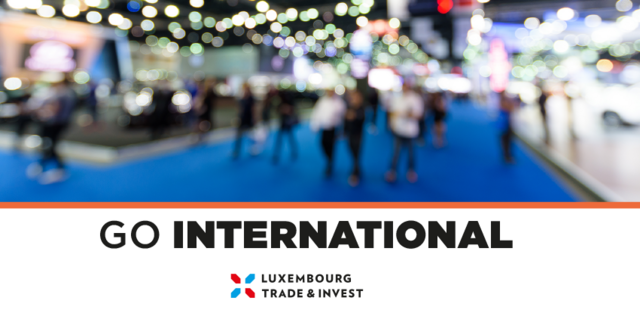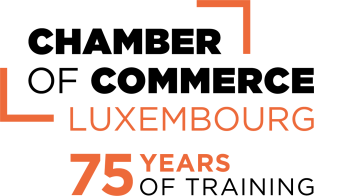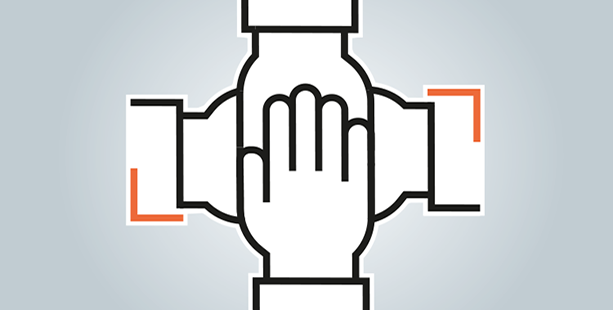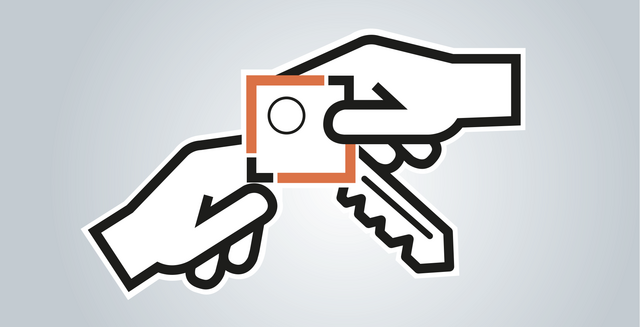
Country seminar Japan

On 21st of September 2017, the Chamber of Commerce of the Grand Duchy of Luxembourg organised a country seminar about Japan in order to prepare the participation to the multi-sectoral mission to Japan that will take place from November 26 to December 1. The seminar gathered 45 participants.
2017 is a key year that will remain engraved in the bilateral relations between Japan and Luxembourg, since it marks 90 years of diplomatic relations. The official mission will be organised around this cornerstone celebration. 2017 is also a key year because Japan and the European Union have signed a new trade agreement on the 6th of July, commonly called “JEFTA”, after 4 years of negotiations. This agreement will enable European companies to tap into Japan’s promising market and will most certainly boost growth in both our economies and deepen our relationship and strategic partnership.
In his welcome address, Carlo Thelen, Director General of the Chamber of Commerce reminded that Japan used to be Luxembourg’s first trade partner in Asia, up until 2004. Today, Japan remains one of its closest economic allies overseas: After Singapore and Hong Kong, Japan is our third Asian trade partner in terms of imports of goods and services which amounted to 613 million euros in 2016. It is our fourth Asian trade partner for exports of goods and services which stood at 896 million euros in 2016. Generally speaking, Japan is our 15th most important trade partner worldwide considering flows of both goods and services.
Carlo Thelen also compared both countries that are obviously very different in terms of population and size but have also similarities: Japan and Luxembourg economies are both among the most advanced in the world and our purchasing power is also among the highest in the world. Also, like Japan, who launched a big societal transformation plan called “society 5.0” in the context of Abenomics, Luxembourg also has a future-oriented vision with the Third Industrial Revolution initiative.
In his opening allocution, HE Shigeji Suzuki, Ambassador of Japan to Luxembourg further developed the economic situation in Japan which is now on a recovery path, thanks to the “Abenomics” reforms, that were implemented 4 years ago. Japan has a specific issue with employment since the demand exceeds the supply due to its ageing population. Also, as a very advanced country, Japan is often used as a location for R&D.
Tomomi Tsuchiya, Director of Japan External Trade Organisation (JETRO) presented into more details business opportunities and investment environment in Japan. JETRO is indeed one of the public organisations whose mission to help attract foreign investors to Japan and promote Japan throughout the world, with 44 offices in Japan and 74 offices overseas located in 55 countries. In her speech, Tomomi Tsuschiya affirmed that “if you succeed in Japan, you can succeed anywhere” as the Japanese customers are very demanding. Japan is ranked 2nd in the world regarding business sophistication. The market is huge, e.g. the GDP of the Tokyo region is equivalent to the GDP of the UK. Also, Japan is aware of the high cost to do business but is currently trying to become a more business friendly country. Some structural reforms are also currently ongoing in the energy market, in the tourism sector and in the regulatory environment.
Afterwards, Michäel Van Dorpe, director of the Belgium-Luxembourg Chamber of Commerce in Tokyo and founder of Village Island presented his experience as an entrepreneur in Japan. He stressed the importance of the group spirit and the “gambaru spirit: work hard and resist stress”, which is so cherished among the Japanese. He also insisted that Japanese businessmen are “long term oriented”. European businessmen should be ready to work hard towards perfection and short term loss are commonly accepted in that context. M. Van Dorpe also explained into details the differences between a “Nihonjin” (Japanese) and a “Gaijin” (a foreigner) and gave some tips to the businessmen on how to tackle issues the “Japanese way”. It is also important to remember that the customer is the king, no matter what.
Following this presentation, Alessandro Perna, Information services officer at the EU-Japan Centre for Industrial Cooperation / EEN Japan presented the activities of the center and all the support that the center can provide to European SME’s wanting to enter the Japanese market.
Finally, Bob Greiveldinger, Corporate Technology & Innovation Officer at Paul Wurth gave a testimonial about his experience in Japan. According to him, Japanese business is made of 80% thinking and 20% doing and Japanese businessmen have their own notion of time which he would describe as a “slow motion hurry”, meaning that although the progress of a project may at first appear slow to us, Europeans, Japanese Customers usually emphasize that the project is “in a big hurry”.
A networking lunch concluded the morning. In the afternoon, for those participants who wanted to go deeper, EEN Japan and the Chamber of Commerce of the Grand-Duchy of Luxembourg co-organised a half-day workshop on Japanese business culture. During the workshop, the Japanese expert specialised on business management, introduced Japanese generic culture in comparison with European cultures and translated it to Japanese business culture and practices. She also provided useful tips for business negotiations in Japan.
The workshop was attended by 20 people and will certainly be useful in the preparation of the November mission.
For further information about the seminar or the official mission, feel free to contact the team in charge at International Affairs: japan2017@cc.lu - T: +352 42 39 39-481/364
Contact persons: Violaine Mathurin/Na Shi.




